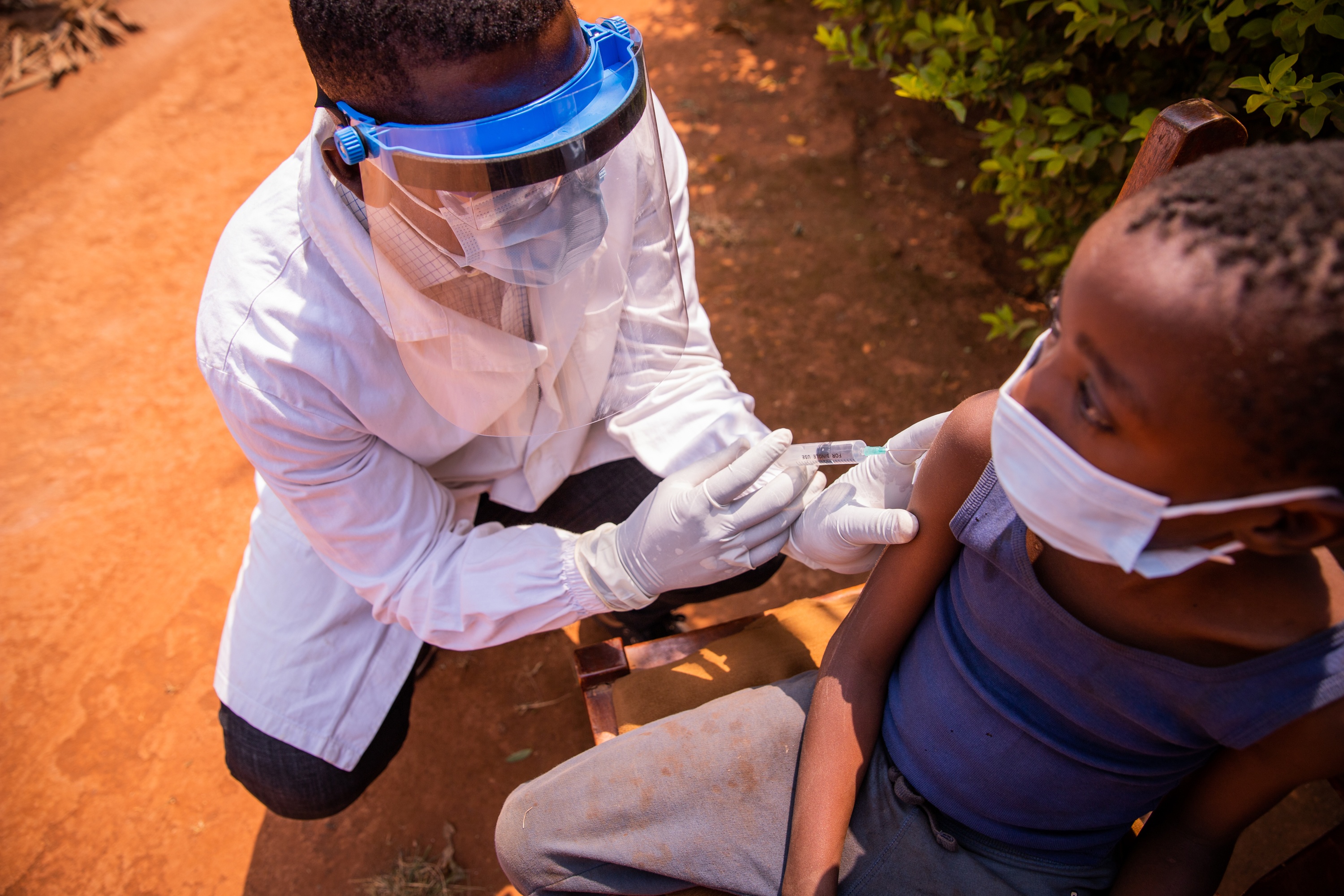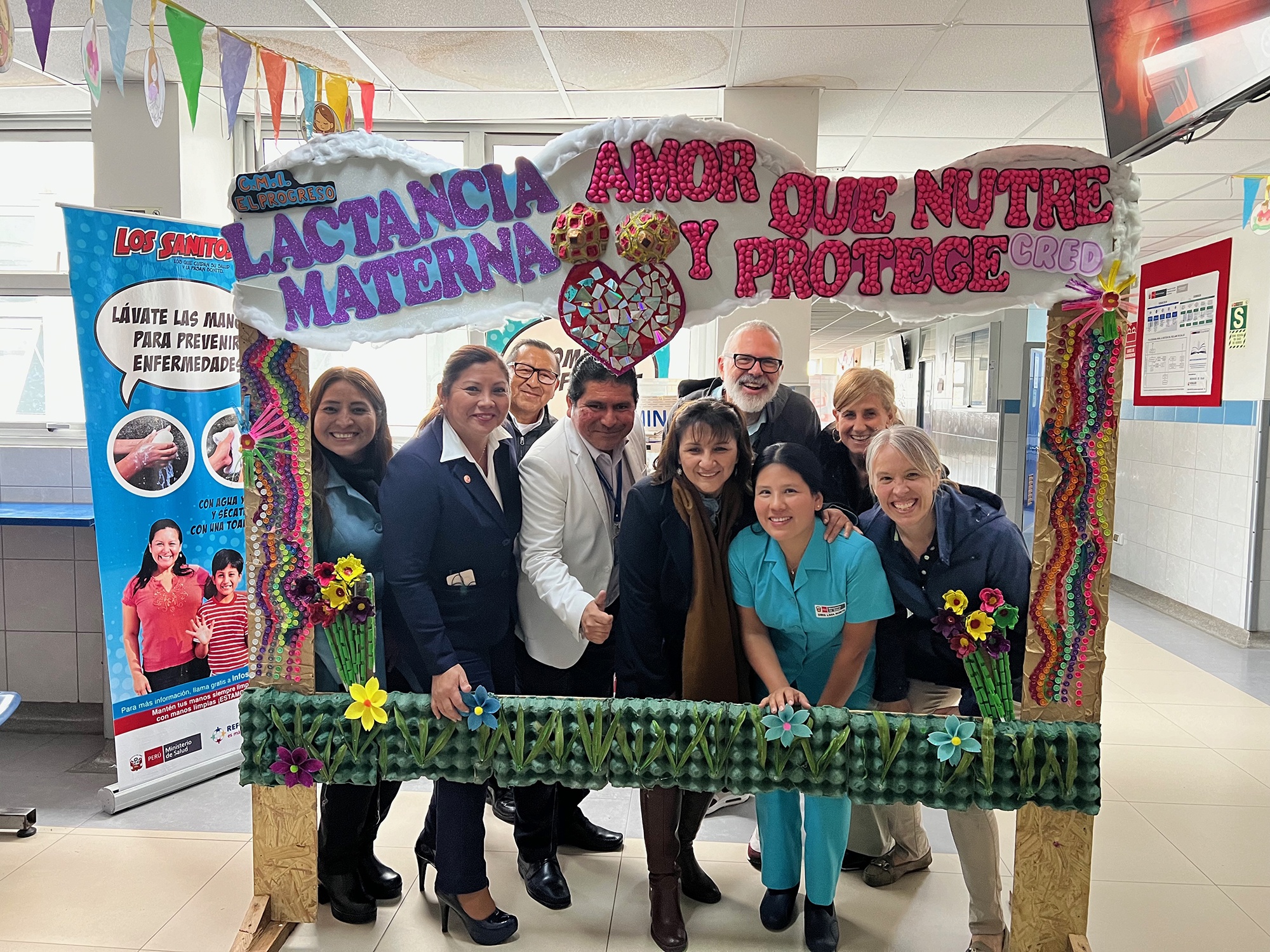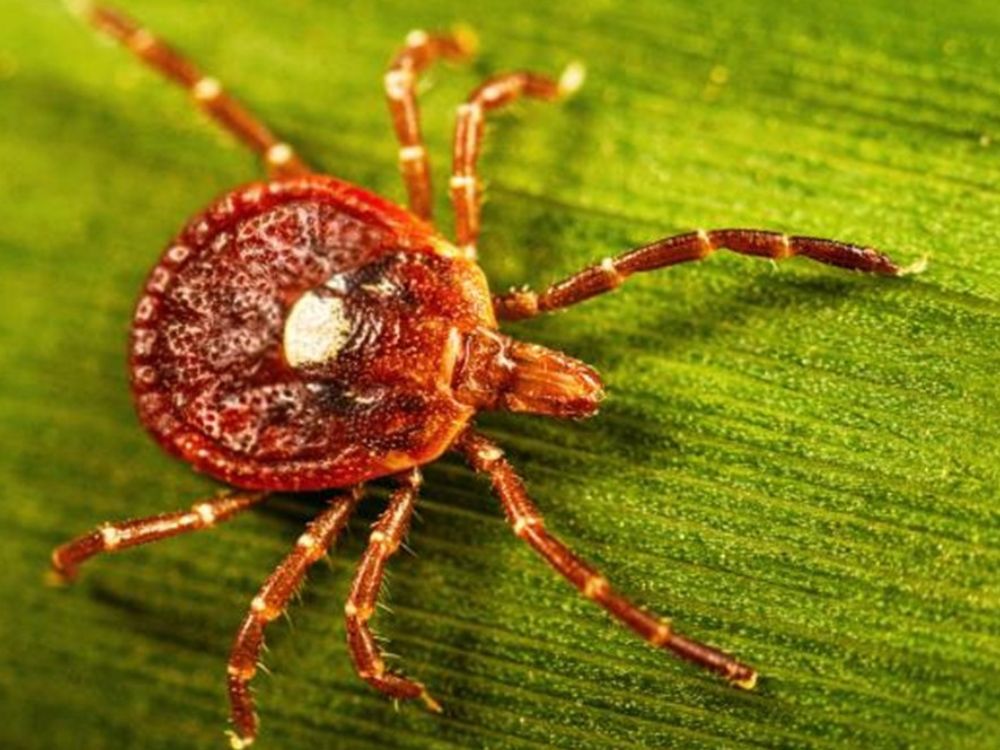At the University of Maryland, Baltimore (UMB), groundbreaking discoveries happen every day — transforming medicine, improving health, and shaping the future. From changing legal policy to pioneering treatments to cutting-edge scientific breakthroughs, UMB researchers are tackling real-world challenges and making a lasting impact on lives everywhere. Dive into inspiring stories of innovation from across UMB’s seven schools to learn why Breakthroughs Can’t Wait. See how scientists, doctors, and experts are addressing today’s most pressing issues — fueled by the critical support of government funding that drives progress forward.
The following are just a small sample of UMB’s researchers and scholars who are having a global impact that changes lives.
Can Building Research Capacity Abroad Stop the Next Pandemic?

Public health threats don’t stop at borders, and neither should the work to stop them.
At the University of Maryland School of Nursing, Veronica P.S. Njie-Carr, PhD, RN, ACNS-BC, FWACN, is leading a cross-continental effort to build research capacity where it’s needed the most. With funding from the Fogarty International Center at the National Institutes of Health, she’s collaborating with partners in The Gambia to train future generations of health professionals in research ethics and methodology, building the foundation for a stronger, faster response to health crises before they spread.
“We are training health professionals and research scholars to conduct research with high ethical standards and scientific rigor to address the urgent health needs in The Gambia,” Njie-Carr said. “This work strengthens global health systems as well as human capacity to protect all of us.”
Those urgent needs include HIV, cardiovascular and respiratory diseases, cancer, COVID, and Mpox. Njie-Carr’s efforts have encompassed launching two academic programs in research ethics and methodology — a postgraduate certificate and a master’s degree — as well as implementing professional development activities through workshops and conferences, and a formal mentoring program with collaborators at the University of the Gambia, Medical Research Council Unit, The Gambia, and partners at the University of Ibadan, Nigeria, and the University of Ghana. Recent graduates are already stepping into leadership roles, helping to draft national ethics frameworks, joining environmental research ethics initiatives in climate science, and pursuing PhDs to continue their work.
Njie-Carr emphasized that preparing for the next outbreak means investing in public health systems that can contain disease at its source. “If capacity development work is not taking place in other countries,” she said, “we then open doors for diseases to cross borders.”
What If Fighting Malaria Abroad Protected Us at Home?

Refining a lifesaving drug could be the key to helping more children survive severe malaria.
That pursuit is at the heart of the research of Matthew Laurens, MD, MPH. Laurens, professor of pediatrics at the University of Maryland School of Medicine, is studying how children’s bodies process IV artesunate — the front-line treatment for severe malaria — with support from the National Institute of Allergy and Infectious Diseases.
His commitment to global health began as a newly minted college graduate, when he witnessed the impact of infectious diseases firsthand. “I joined the U.S. Peace Corps before medical school, and it was during the U.S. Peace Corps service that I really became passionate about pursuing medicine as a career,” Laurens said. “There I learned about diseases that affect marginalized populations and people living in areas with limited resources.”
Partnering with researchers in Uganda, Laurens’ team is examining how dosing might be optimized to save more lives, especially in cases of cerebral malaria, where the disease reaches the brain and becomes far harder to treat.
While malaria is rare in the United States, Laurens noted that locally acquired cases have recently been reported in states like Maryland. He said that if advances are made abroad, “then we can reduce the risk — not only to communities where malaria still exists, but we can also reduce the risk to U.S. citizens who live at home and who might be at risk if malaria were to be reintroduced.”



